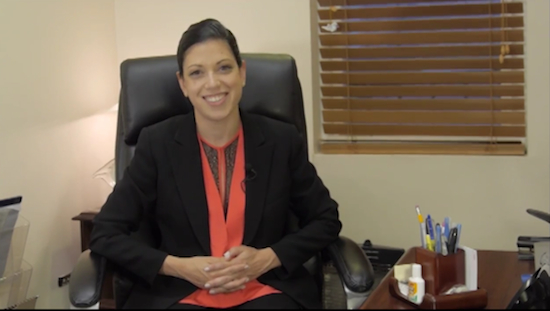Brooklyn attorneys eye immigration ‘surge docket’ to help unaccompanied minors

Images of unaccompanied minors crossing the U.S. border for safer lands has been a common theme for many southwestern states this summer. But as the number of minor immigrants rises, states farther east are being called on to assist in bearing the load. The majority, if not all, have entered the country illegally sent by their parents in a final effort to protect their children from the seething gang violence in countries like Honduras and El Salvador. Many of the minors have found shelter with relatives in New York, but being illegal immigrants, they need to be processed and their cases heard for likely deportation.
Immigration is not a foreign topic for Brooklyn, a borough housing more than 900,000 of New York’s foreign-born population. Border crossing, on the other hand, is an issue generally thought of as a concern for the Western states that closely border Central America. This past summer, however, the immigration crisis has hit the Northeast causing worry for the federal immigration docket.
Twenty-nine minors who entered the country unaccompanied by adults appeared Wednesday before New York immigration Judge Frank Loprest Jr., some with attorneys, others with family by their sides. Six-year-old Gabriela and her brother Brandon Lopez, 15, were among the minors hoping to be allowed to legally stay with family already living in the U.S.